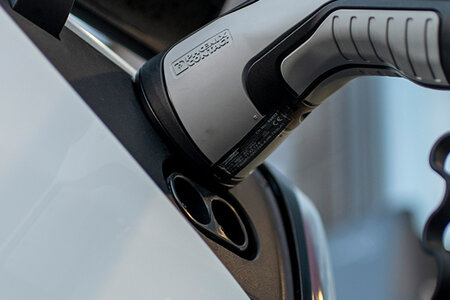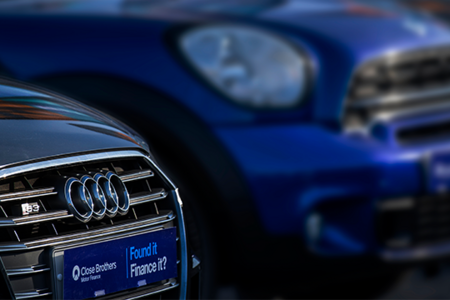As we head into the new year, Close Brothers Motor Finance looks back on the most popular cars to finance in 2024.
It has been a bumpy year for manufacturers who have had to contend with Zero Emission Vehicle (ZEV) mandate targets, whilst also navigating fluctuating demand, which has seen many brands having to rethink strategies - especially when it comes to the production of electric vehicles.
Consumers have also had to contend with tough economic conditions. High energy bills, rising insurance premiums and other financial challenges have put the brakes on potential car purchases for some, while others have had to change their plans. As a result, many have opted for practical, affordable options, as reflected in Close Brothers Motor Finance’s most financed cars of 2024 - topped by the Volkswagen Golf, which has overtaken the Ford Fiesta as the most popular car.
The list shows consumers are choosing to sacrifice newer, bigger models for more economical options to ensure they can afford long term car expenses and running costs, and shows that affordability is the priority for the majority of drivers. This has been key to informing forecourt stock decisions for dealers.
Close Brothers Motor Finance’s most financed cars of 2024:
- Volkswagen Golf
- Ford Fiesta
- Ford Focus
- BMW 3 Series
- Mercedes-Benz A Class
- Nissan Qashqai
- BMW 1 Series
- Vauxhall Corsa
- Mercedes-Benz C Class
- Audi A3
John Cassidy, Managing Director of Sales at Close Brothers Motor Finance, added: “The continuing challenges facing motorists is reflected in the selection of petrol and diesel vehicles on this list.
“Owing to the rising cost of motoring, which is becoming unaffordable for some drivers, it’s little surprise to see economical, practical cars make up the bulk of the top 10. This will cause further headaches for manufacturers who are having to produce electric vehicles in line with the ZEV mandate, despite limited consumer demand.
“This will need to be a focus point for the Government in 2025. Electric vehicle infrastructure, such as charging points, remains inadequate for widespread adoption, and the removal of incentives, such as exemption from excise duty, could further stall the transition away from traditional petrol and diesel vehicles. This will require immediate attention if the Government’s plans to ban new petrol and diesel vehicles in the near future is to be achievable.”






